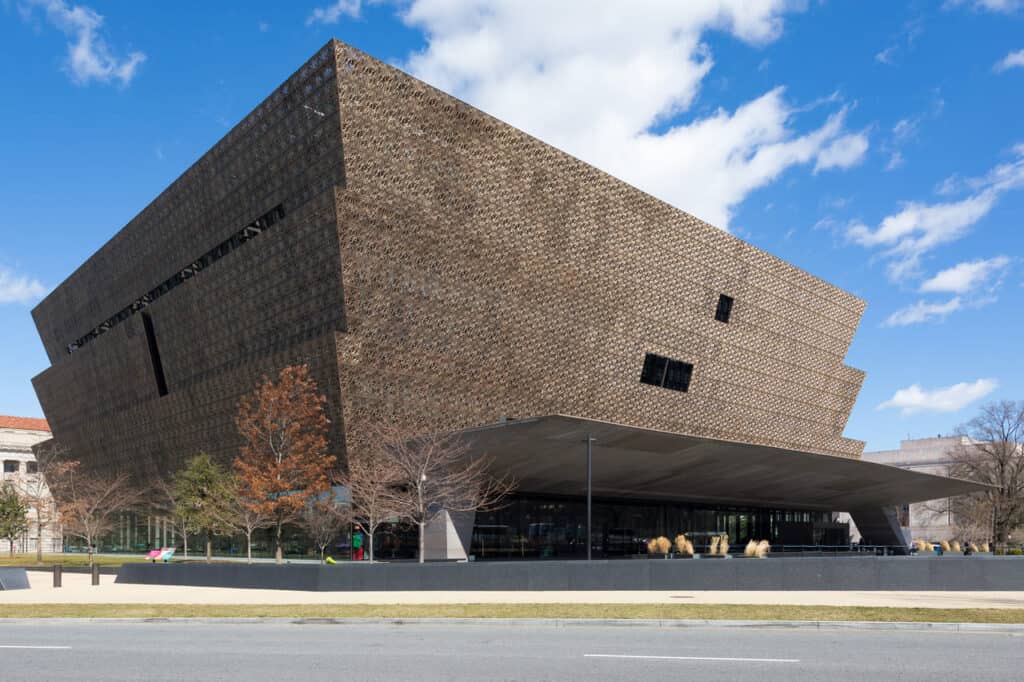We may earn money or products from the companies mentioned in this post. This means if you click on the link and purchase the item, I will receive a small commission at no extra cost to you ... you're just helping re-supply our family's travel fund.

In Louisville, bourbon is more than a pour. It is river trade, cooperage sweat, migration, music, and kitchen tables set for company. Community guides and Black historians are widening the frame with names, places, and work that once sat outside the spotlight. Distilleries, museums, and neighborhood bars become classrooms where taste meets testimony. The glass carries oak and spice. The tour carries memory, pride, and the clear sense that heritage belongs in every sip. Stories once whispered now take their place beside the barrel.
Brough Brothers Distillery

Kentucky’s first Black-owned distillery turns a compact Louisville facility into a lesson in access, grit, and design. Family founders pair small-batch bourbon with talk about capital hurdles, supply chains, and the neighborhoods that shaped them. Labels nod to city landmarks while tours highlight modern tech alongside old-school palate training. Tasting notes move from caramel to citrus, then toward aspiration made practical. Ownership shifts which stories rise and how the city tastes them.
Old Forester Distilling Co.

On Whiskey Row, Old Forester’s working line and cooperage demos become stages for labor history. Guides trace how barrels, bottling floors, and riverfront warehouses relied on Black skill through segregation and halting reform. Steam and char pull visitors close, then the narrative widens to hiring, apprenticeships, and mentorships that open production careers. A classic pour closes the loop with oak, banana, and clove in balance, reminding that craft and credit should travel together.
Evan Williams Bourbon Experience

Behind neon charm, the Evan Williams experience lays out a river city timeline. Community interpreters connect the Ohio’s trade to dock labor, domestic service, and entrepreneurship that often went uncredited. Distilling basics meet talk about Prohibition, neighborhood enforcement, and the way music and church life kept traditions intact. A guided flight walks from sweet corn to peppery oak, pausing to name workers whose hands moved the industry even when payroll ledgers would not.
Michter’s Fort Nelson Distillery

In the restored Fort Nelson building, copper and brick meet stories of migration. Black historians map families who came north seeking wages, then found union strength and hospitality work tied to bourbon’s return. The tour’s focus on fermentation, slow distilling, and careful barrel selection pairs with conversations about patience as a community strategy. A barroom flight layers honey, baking spice, and stone fruit, grounding policy talk in flavor that lingers past the doorway.
Rabbit Hole Distillery

Rabbit Hole Distillery’s airy, modern space stands out on Louisville’s bourbon trail. Guided tours led by local community experts explain how this small operation fuses tradition and innovation, with its unique grain recipes and a focus on transparency. Black historians highlight the connections between Kentucky’s bourbon legacy and diverse local labor, spotlighting fresh stories in a rapidly growing industry where equity matters as much as flavor.
Stitzel-Weller Experience

In Shively, Stitzel-Weller’s campus that shaped wheated bourbon opens a lens on mid-century Louisville. Talks spotlight postwar jobs, bus lines, and the parallel lives of workers who built brands they could not always drink in segregated bars. Archives and warehouse walks sit beside a measured tasting that emphasizes softness and a long finish. The lesson sticks: iconic flavor came from many hands, and respect means building broader ladders in the present.
Frazier History Museum

As the Kentucky Bourbon Trail welcome center, Frazier offers more than maps. Curators and guest historians surface Prohibition raids, jazz corridors, and Black fraternal lodges where whiskey traveled quietly. Exhibits turn everyday tools into artifacts of policy, work, and celebration. Seasonal programs invite elders to add context that never made earlier textbooks. Visitors planning distillery stops leave with routes and with questions worth asking at every tasting bar and museum doorway.
Roots 101 African American Museum

Roots 101 does not distill, yet it deepens every pour by setting a fuller table. Galleries trace migration, invention, sport, and music, then fold in discussions about hospitality careers and modern bourbon entrepreneurship. Pop-up tastings and talks bring local bartenders, historians, and small brands into one room, where flavor notes sit beside family stories. By the exit, the city’s spirits scene reads as a community project, and the next tour gains sharper purpose.